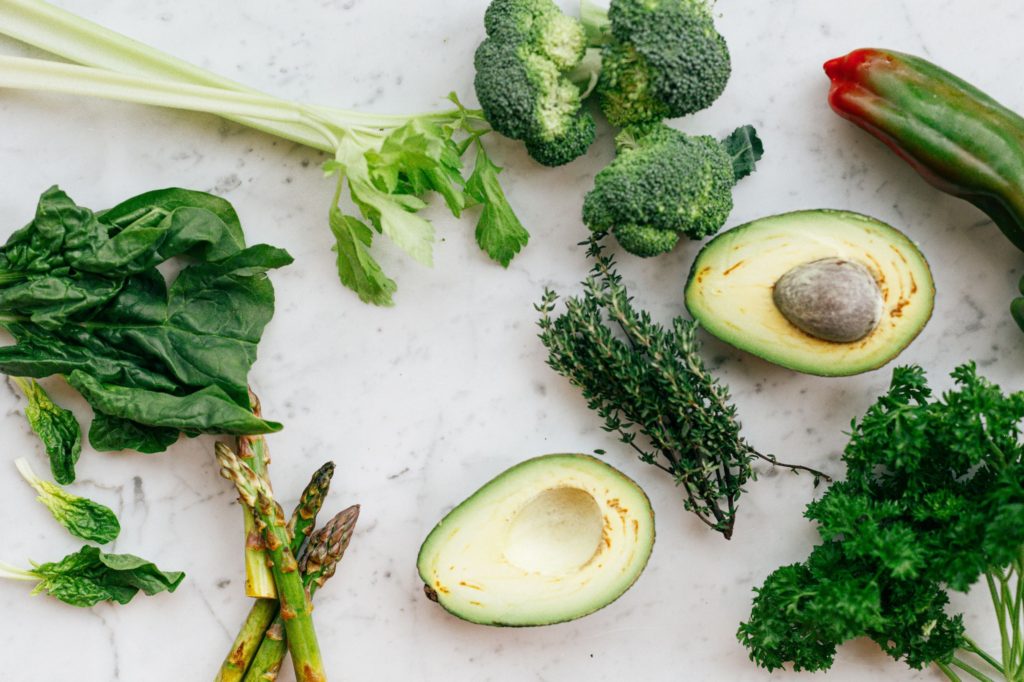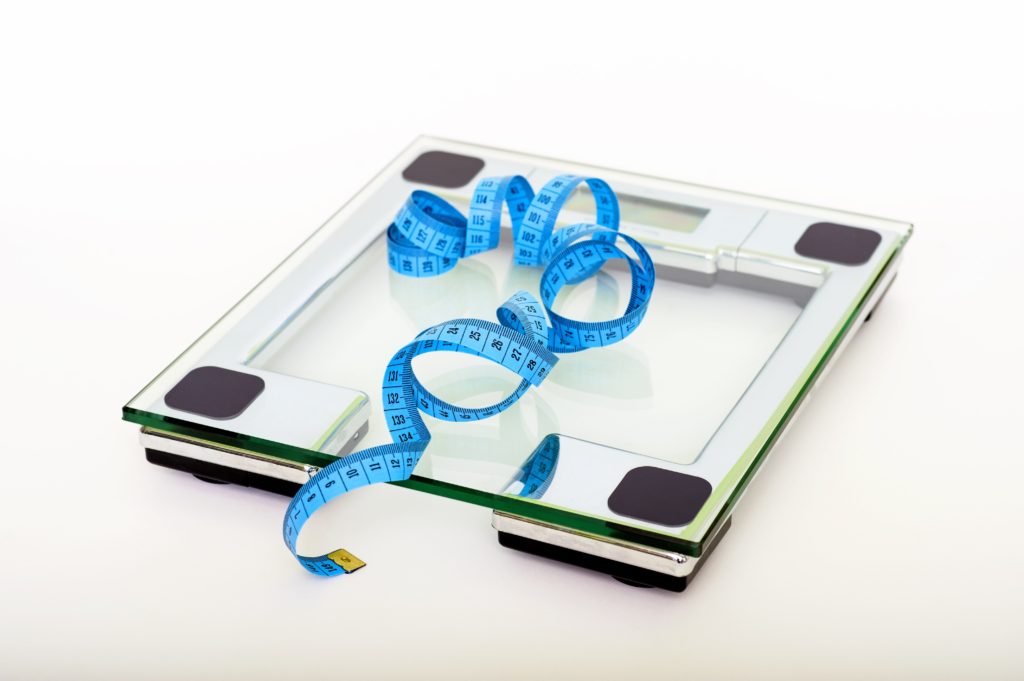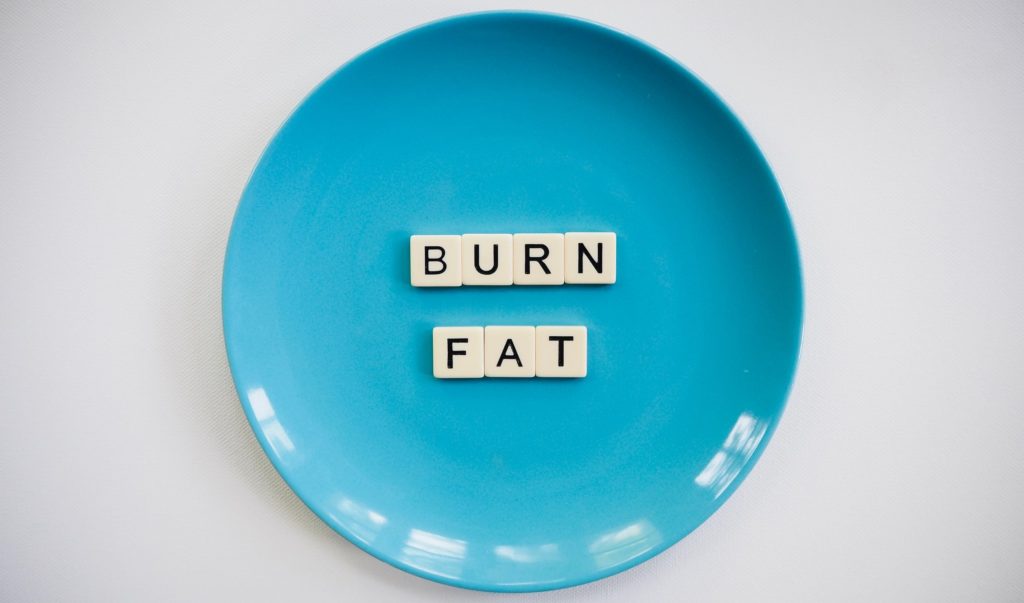
Negative calorie diet: Healthy weight, Increased energy, and productivity
What is it
The Negative Calorie diet is a simple concept. Some foods take more calories to get digested than calories actually present in foods. This is one of the great healthy ways to optimise weight, health and increasing energy and productivity.
How it works
The diet does not mean that the foods actually contain negative calories. Instead, the concept is that some foods take more energy to get digested than other foods which requires less energy to be absorbed in the body. Negative terms accrue from the fact that they give less energy after their absorption than the energy used in digesting these foods.
Let us go through the motion of the eating as soon as a person eats a piece of food, chewing is the first activity which requires energy. After chewing, the food is pushed down the oesophagus and into the stomach, where it is broken down as it mixes with stomach bile acid. Post that it is moved into the small intestine where it is liquefied, and absorption into the body begins. After that, food moves into the large intestine where fluids are absorbed, and then the rest of the waste mass is excreted.
This entire process of abortion of food uses calories. By eating foods that are low in calories, and take a longer time to digest, the body will actually be using more calories than are taken by absorption of calories from foods in the body.
This negative diet concept claims that the extra calories required for digestion and absorption are taken from fat stored in the body cells. Hence the more of these negative calorie foods the dieter eats, the more weight will be lost.

Which foods are generally considered good for Negative Calorie diet
Foods that are higher in strands of fibre and unpleasant to chew, such as celery, generally require more energy for chewing. Hence, more energy expenditure than other foods such as Baked foods which does not require as much chewing before digestion.
The proponent of negative calories claims that more than 100 Foods can be considered negative food Calories list. These are fruits and vegetables that are high in fibre and requires more time to chew. It includes :
- Vegetable such as asparagus, beets, broccoli, cabbage, celery, chillies, garlic, lettuce, spinach, and zucchini.
- Fruits such as apples, grapefruits, lemons, oranges, and pineapple.
Benefits of Negative Calorie diet

It is claimed that following the diet, weight loss can be expedited, and 5 to 6 kgs can be lost in a fortnight.
Eating a diet that includes different types of fruits and vegetables will provide a person with many vitamins and minerals important to a good healthy body.
Foods that are low in calories, but full of fibre, can make a person feel fuller after eating fewer calories. Because fibrous foods may take longer for the stomach to break down, they may help the dieter feel full longer.
How to use negative calorie diet in day to day life for maximum benefits
- Take at five helpings of fruits and Vegetables (Boiler or raw ) at least three times in a day. (Helping =One cup = 100 gms.)
- Eat adequate Proteins and Fats, as they are essential for day to day life, preferably in breakfast and once an in the day.
- For Proteins and Fats, eat one cup of milk products, meat and eggs.
- Eat the equivalent one cup of grains each day, of which at least half should be whole grains.
- Drink one glass of water (300 ml ) every two hours.
- Do brisk walking for 45 Minutes.
Follow these steps, and in 15 to 30 days you will lose 3 to 5 kgs, with glowing skin, More energy, high concentration and increased will power.

Precautions
Anyone starting a new diet of any sort should consult a medical doctor. Requirements of calories, fat, and nutrients can differ significantly from person to person, depending on gender, age, weight, and many other factors such as any diseases or conditions.
Risk
Protein and fats are not included in any foods considered to be present in the list of negative calorie. Fats and proteins must be included in an adequate amount (as fixed by a dietician) for complete macronutrient availability.